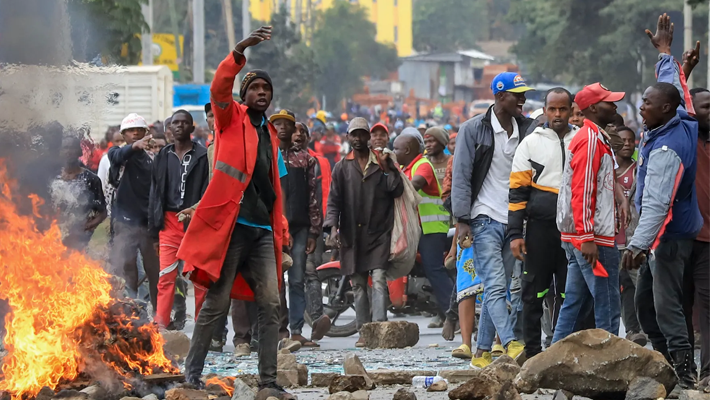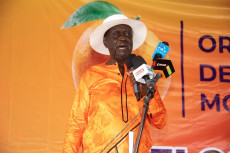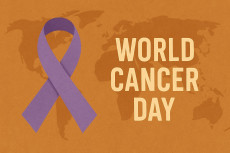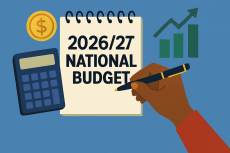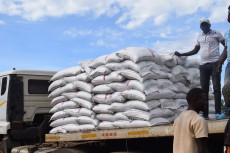- The echoes of public discontent over socio-economic hardships, perceived misgovernance, and the rising cost of living have grown louder, often spilling onto the streets in widespread protests.
The echoes of public discontent over socio-economic hardships, perceived misgovernance, and the rising cost of living have grown louder, often spilling onto the streets in widespread protests.
While the right to protest is a fundamental pillar of democracy, the recurring cycle of clashes with law enforcement, injuries, and tragic loss of life has left many Kenyans questioning the effectiveness of current approaches.
At the end of the day, the ordinary citizen bears the brunt of these confrontations, while those in power often remain seemingly untouched by the suffering.
The present situation in Kenya is marked by a complex exchange of economic pressures and political tensions. Citizens are grappling with high taxes, rising inflation, and persistent unemployment, especially among the youth.
These economic frustrations are the re for public demonstrations. While the government is committed to fiscal consolidation and economic recovery, the consequences are undeniable, leading to a palpable sense of grievance.
Read More
It's a painful reality that during these confrontations, police brutality and excessive force often turn peaceful demonstrations into scenes of chaos and bloodshed. People have lost lives, and others are left with permanent injuries, arbitrary arrests, and the trauma of violence.
Meanwhile, the very leaders who have failed to deliver are often the catalyst for these protests. They watch from a distance as citizens endure injuries and pain. This is the reason Kenyans need to employ smarter strategies of protesting that are beyond the Barricades.
While the impulse to take to the streets is understandable, Kenyans must recognize that engaging indirect confrontations with law enforcement often play into a predictable script where citizens are the ultimate losers.
It's time to explore and embrace diverse, impactful, and non-violent strategies that can exert sustained pressure on leaders without sacrificing the lives and livelihoods of the populace.
Here are some strategies that citizens can adopt to protest effectively and safely:
1. Economic Boycotts and Sanction: Imagine the power of a coordinated consumer boycott of specific products or services linked to entities perceived as corrupt or supportive of unpopular policies. A targeted economic strike can hit leaders where it hurts most – their pockets and the flow of revenue. This requires strong organization and public awareness campaigns, but its impact can be immense, forcing dialogue and concessions.
2. Digital Activism and Information Warfare: In the age of social media, the power of information is Unparalleled. Citizens can leverage platforms to also share compelling narratives. Document and disseminate stories of hardship, injustice, and the impact of policies through videos, photos, and personal testimonies.
Since the Internet is the mother of communication in our current world, then, people can organize online petitions and campaigns and gather massive digital signatures to demand specific actions from leaders.
3. Creative and Symbolic Protests: Non-violent actions can be incredibly powerful in capturing public attention and conveying a strong message without resorting to violence. For example, Mass sit-ins and peaceful assemblies in designated areas. This is peaceful and resolves without provoking confrontation.
The cycle of violent protest and brutal suppression has proven to be a dead end for Kenyan citizens. Although the anger and frustration are valid, directing them into strategic, non-violent forms of resistance is paramount.
This shift requires discipline, creativity, and a deep understanding that the true power of the people lies not in clashing with batons and tear gas but in coordinated action that hits where it truly matters: economically, politically, and morally.
It's time for Kenyans to write a new chapter in their struggle for justice – one where brains triumph over brawn, and sustained pressure leads to lasting change, safeguarding lives while demanding accountability from those who lead.

